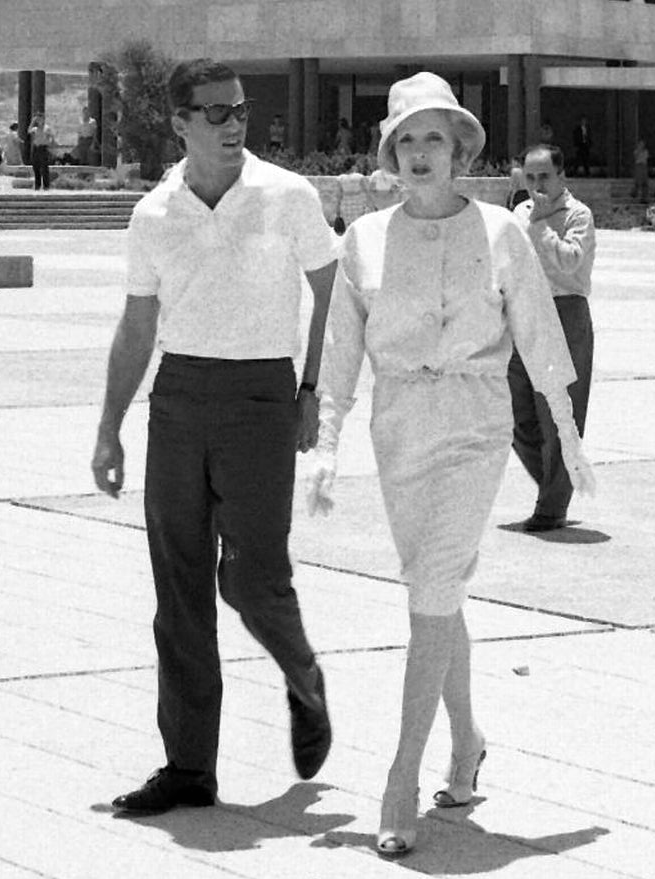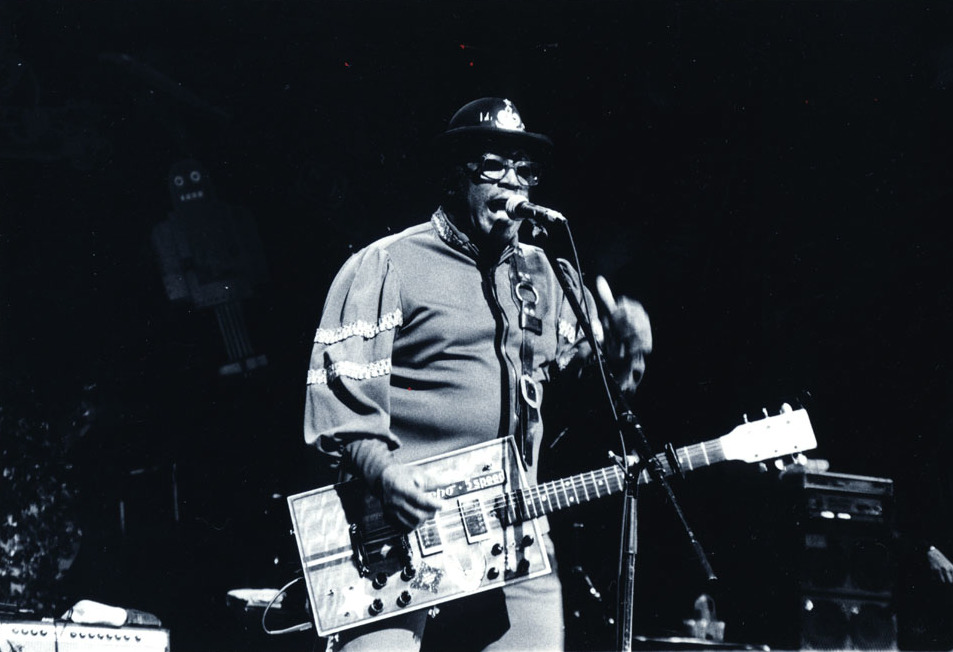|
A Group Called Smith
''A Group Called Smith'' is the debut album by American rock band Smith, released in 1969. It contains their biggest hit, a cover version of the Shirelles' song, " Baby, It's You", which peaked at No. 5 on the ''Billboard'' Hot 100 on November 1, 1969 (spending a total of 15 weeks on the chart). "Baby, It's You" was used in Quentin Tarantino's 2007 film, ''Death Proof''. The album reached No. 17 on the ''Billboard'' 200 chart. Track listing Titles and songwriting credits from original album sleeve and AllMusic. # " Let's Get Together" (Chet Powers) – 3:32 # "I Don't Believe (I Believe)" (Jeffrey Thomas) – 3:41 # "Tell Him No" (Rod Argent) – 3:27 # "Who Do You Love" (Bo Diddley) – 2:57 # " Baby, It's You" (Burt Bacharach/Mack David/Luther Dixon (credited as Barney Williams)) – 3:27 # " Last Time" ( Mick Jagger/Keith Richards) – 5:38 # " I Just Want to Make Love to You" (Willie Dixon) – (Muddy Waters cover) – 2:38 # "Mojaleskey Ridge" (Harvey Price/Joel Sill/Dan W ... [...More Info...] [...Related Items...] OR: [Wikipedia] [Google] [Baidu] |
Album
An album is a collection of audio recordings issued on compact disc (CD), Phonograph record, vinyl, audio tape, or another medium such as Digital distribution#Music, digital distribution. Albums of recorded sound were developed in the early 20th century as individual Phonograph record#78 rpm disc developments, 78 rpm records collected in a bound book resembling a photograph album; this format evolved after 1948 into single vinyl LP record, long-playing (LP) records played at revolutions per minute, rpm. The album was the dominant form of recorded music expression and consumption from the mid-1960s to the early 21st century, a period known as the album era. Vinyl LPs are still issued, though album sales in the 21st-century have mostly focused on CD and MP3 formats. The 8-track tape was the first tape format widely used alongside vinyl from 1965 until being phased out by 1983 and was gradually supplanted by the cassette tape during the 1970s and early 1980s; the populari ... [...More Info...] [...Related Items...] OR: [Wikipedia] [Google] [Baidu] |
Get Together (The Youngbloods Song)
"Get Together", also known as "Let's Get Together" and "Everybody Get Together", is a song by American rock band the Youngbloods, originally included in their 1967 debut album ''The Youngbloods''. It was written in the mid-1960s by American singer-songwriter Chet Powers (stage name Dino Valenti), from psychedelic rock band Quicksilver Messenger Service. The single was The Youngbloods' only Top 40 on ''Billboard Hot 100''peaking at number five in 1969. Background The song is an appeal for peace and brotherhood, presenting the polarity of love versus fear, and the choice to be made between them. It is best remembered for the impassioned plea in the lines of its refrain ("Come on people now/Smile on your brother/Everybody get together/Try to love one another right now"), which is repeated several times in succession to bring the song to its conclusion. Original recording history The song was originally recorded as "Let's Get Together" by the Kingston Trio in a live performance in M ... [...More Info...] [...Related Items...] OR: [Wikipedia] [Google] [Baidu] |
Muddy Waters
McKinley Morganfield (April 4, 1913 April 30, 1983), known professionally as Muddy Waters, was an American blues singer and musician who was an important figure in the post-war blues scene, and is often cited as the "father of modern Chicago blues". His style of playing has been described as "raining down Delta beatitude". Muddy Waters grew up on Stovall Plantation near Clarksdale, Mississippi, and by age 17 was playing the guitar and the harmonica, emulating the local blues artists Son House and Robert Johnson."His thick heavy voice, the dark colouration of his tone, and his firm, almost solid, personality were all clearly derived from House," wrote the music historian Peter Guralnick in ''Feel Like Going Home'', "but the embellishments, which he added, the imaginative slide technique and more agile rhythms, were closer to Johnson." He was recorded in Mississippi by Alan Lomax for the Library of Congress in 1941. In 1943, he moved to Chicago to become a full-time professi ... [...More Info...] [...Related Items...] OR: [Wikipedia] [Google] [Baidu] |
Willie Dixon
William James Dixon (July 1, 1915January 29, 1992) was an American blues musician, vocalist, songwriter, arranger and record producer. He was proficient in playing both the upright bass and the guitar, and sang with a distinctive voice, but he is perhaps best known as one of the most prolific songwriters of his time. Next to Muddy Waters, Dixon is recognized as the most influential person in shaping the post–World War II sound of the Chicago blues.Trager, Oliver (2004). ''Keys to the Rain: The Definitive Bob Dylan Encyclopedia''. Billboard Books. pp. 298–299. . Dixon's songs have been recorded by countless musicians in many genres as well as by various ensembles in which he participated. A short list of his most famous compositions includes "Hoochie Coochie Man", " I Just Want to Make Love to You", "Little Red Rooster", "My Babe", "Spoonful", and "You Can't Judge a Book by the Cover". These songs were written during the peak years of Chess Records, from 1950 to 1965, and wer ... [...More Info...] [...Related Items...] OR: [Wikipedia] [Google] [Baidu] |
The Last Time (The Rolling Stones Song)
"The Last Time" is a song by the English rock band the Rolling Stones, and the band's first original song released as an A-single in the UK. Written by Mick Jagger and Keith Richards, and recorded at RCA Studios in Hollywood, California in January 1965, "The Last Time" was the band's third UK single to reach number one on the UK Singles Chart, spending three weeks at the top in March and early April 1965. It reached number two in the Irish Singles Chart in March 1965, and was released on the US version of the album ''Out of Our Heads'' on 30 July 1965. Composition Although "The Last Time" is credited to Jagger/Richards, the song's refrain is similar to "This May Be the Last Time", a traditional gospel song recorded in 1954 by the Staple Singers. In 2003, Richards acknowledged this, saying, "We came up with 'The Last Time', which was basically re-adapting a traditional gospel song that had been sung by the Staple Singers, but luckily the song itself goes back into the mists o ... [...More Info...] [...Related Items...] OR: [Wikipedia] [Google] [Baidu] |
Luther Dixon
Luther Dixon (August 7, 1931 – October 22, 2009) was an American songwriter, record producer, and singer. Dixon's songs achieved their greatest success in the 1950s and 1960s, and were recorded by Elvis Presley, the Beatles, the Jackson 5, B.B. King, Jerry Lee Lewis, Dusty Springfield, Jimmy Reed and others. As a producer, Dixon helped create the signature sound of the girl group the Shirelles. Early life Dixon was born in Jacksonville, Florida, but his family moved to Brooklyn, New York, when he was young. He learned to sing in church. Career Dixon began his professional career in 1954 with the Four Buddies, a doo-wop group led by Larry Harrison, in which Dixon sang baritone and occasionally played guitar. The Four Buddies recorded for Savoy Records, but also as the Barons for Decca Records and as The Buddies for Glory Records. The group disbanded in 1955, but Dixon and Harrison continued writing songs together. Their biggest hit was "Why Baby Why", recorded by Pat Boo ... [...More Info...] [...Related Items...] OR: [Wikipedia] [Google] [Baidu] |
Mack David
Mack David (July 5, 1912 – December 30, 1993) was an American lyricist and songwriter, best known for his work in film and television, with a career spanning the period between the early 1940s and the early 1970s. David was credited with writing lyrics or music or both for over one thousand songs. , ''The New York Times'', Saturday, January 1, 1994. He was particularly well known for his work on the films '''' and '' |
Burt Bacharach
Burt Freeman Bacharach ( ; born May 12, 1928) is an American composer, songwriter, record producer and pianist who composed hundreds of pop songs from the late 1950s through the 1980s, many in collaboration with lyricist Hal David. A six-time Grammy Award winner and three-time Academy Award winner, Bacharach's songs have been recorded by more than 1,000 different artists. , he had written 73 US and 52 UK Top 40 hits. He is considered one of the most important composers of 20th-century popular music. His music is characterized by unusual chord progressions, influenced by his background in jazz harmony, and uncommon selections of instruments for small orchestras. Most of Bacharach and David's hits were written specifically for and performed by Dionne Warwick but earlier associations (from 1957 to 1963) saw the composing duo work with Marty Robbins, Perry Como, Gene McDaniels and Jerry Butler. Following the initial success of these collaborations, Bacharach went on to write hits for ... [...More Info...] [...Related Items...] OR: [Wikipedia] [Google] [Baidu] |
Bo Diddley
Ellas McDaniel (born Ellas Otha Bates; December 30, 1928 – June 2, 2008), known professionally as Bo Diddley, was an American guitarist who played a key role in the transition from the blues to rock and roll. He influenced many artists, including Buddy Holly, Elvis Presley, The Beatles, The Rolling Stones, The Animals, George Thorogood, and The Clash. His use of African rhythms and a signature beat, a simple five- accent hambone rhythm, is a cornerstone of hip hop, rock, and pop music. In recognition of his achievements, he was inducted into the Rock and Roll Hall of Fame in 1987, the Blues Hall of Fame in 2003, and the Rhythm and Blues Music Hall of Fame in 2017. He received a Lifetime Achievement Award from the Rhythm and Blues Foundation and the Grammy Lifetime Achievement Award. Diddley is also recognized for his technical innovations, including his use of tremolo and reverb effects to enhance the sound of his distinctive rectangular-shaped guitars. Early life ... [...More Info...] [...Related Items...] OR: [Wikipedia] [Google] [Baidu] |
Who Do You Love? (Bo Diddley Song)
"Who Do You Love?" is a song written by American rock and roll pioneer Bo Diddley. Recorded in 1956, it is one of his most popular and enduring works. The song represents one of Bo Diddley's strongest lyrical efforts and uses a combination of hoodoo-type imagery and boasting. It is an upbeat rocker, but the original did not use the signature Bo Diddley beat rhythm. "Who Do You Love?" was part of Bo Diddley's repertoire throughout his career, but none of his various recordings reached the record charts. The song has been interpreted and recorded by numerous musicians in different styles, often adding a Bo Diddley beat. Popular renditions include those by Ronnie Hawkins and George Thorogood, with charting singles by the Woolies, Tom Rush, Quicksilver Messenger Service, and Juicy Lucy. Guitarists' contributions to the various renditions of the song have been noted by music critics and writers. Beginning with blues guitarist Jody Williams' prominent fills and solo on Bo Diddley ... [...More Info...] [...Related Items...] OR: [Wikipedia] [Google] [Baidu] |




